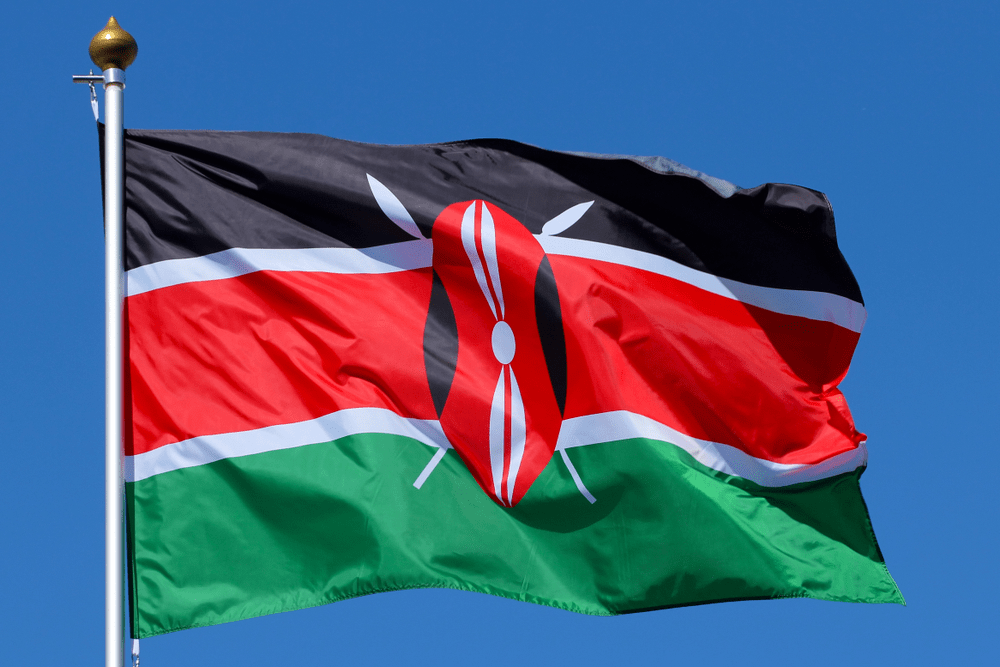The Republic of Kenya is currently taking steps to create a legal framework for crypto operations. Interestingly, this rather exciting development comes shortly after the International Monetary Fund (IMF) recommended that the East African nation review its current crypto policy and align with global standards.
Kenya aims for crypto regulation
This framework is structured around two documents, one of which is “The Draft National Policy on Virtual Assets (VA) and Virtual Asset Service Providers (VASP)” which aims to guide the governance of VA and VASPs as well as ensuring a fair and efficient market for all stakeholders, among other objectives.
The second document is a bill titled “The Virtual Asset Service Providers Bill, 2025” which focuses on the designation of regulatory authorities and licensing requirements for VASPs. This bill will also highlight the general obligations of VASPs in preventing money laundering, terrorist financing and proliferation financing.
Public consultations on both documents will run until January 24, before which all Kenyans and relevant stakeholders are invited to submit their views on the proposed crypto framework.
Kenya set to reverse its anti-crypto stance
In 2015, the Central Bank of Kenya issued a warning regarding the use of cryptocurrencies by banning their use as legal tender. However, the digital asset movement has remained strong in the East African country, with around 2.8 million Kenyans owning crypto.
With calls for public consultations on a proposed crypto regulatory structure, the Kenyan government appears ready to harness the potential of this burgeoning industry.
Commenting on this sudden move to legalize virtual assets, National Cabinet Secretary for Treasury and Economic Planning, John Mbadi, shows the significant policy shift. According to local media The Saturday Standard, Mbadi said:
The emergence and growth of virtual assets (VAs) and virtual asset service providers (VASPs) have given rise to innovations in the local and international financial system with dynamic opportunities and challenges.
The Cabinet Secretary also acknowledges the current woes of the crypto industry, including fraud, money laundering, etc., but believes that these risks can be controlled by an effective regulatory system.
As previously reported, Kenya’s crypto turnaround comes shortly after a boost from the IMF. In a technical assistance report, the UN financial agency advised Kenya to strengthen its crypto regulations by adopting a clear legislative framework and ensure consumer protection through financial literacy, among other recommendations .
At press time, the crypto market cap is valued at $3.21 trillion after a loss of 0.55% over the past day.
Featured image from Pinterest, chart from Tradingview




